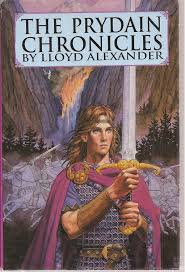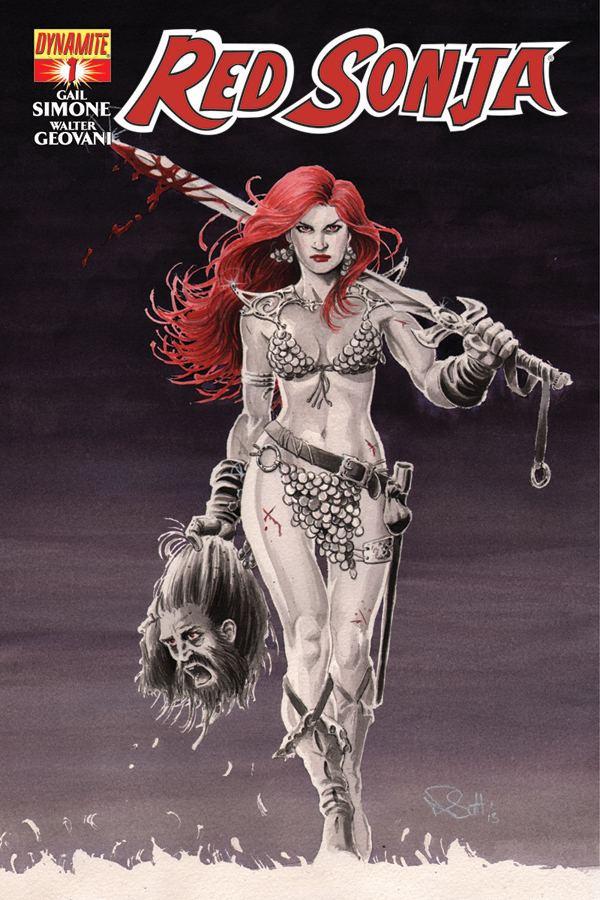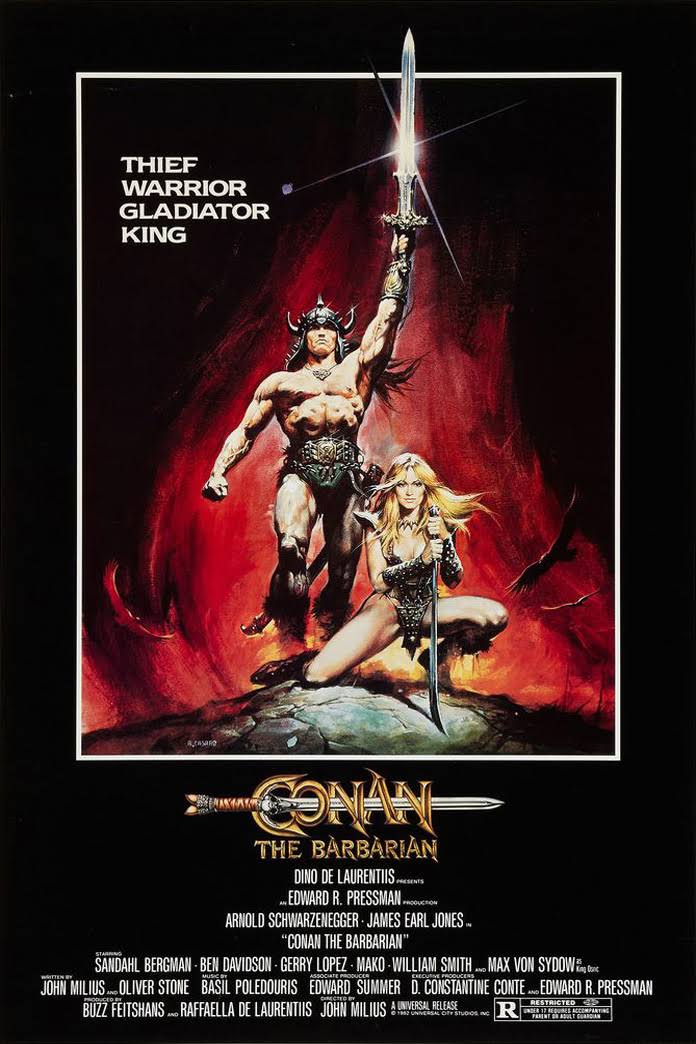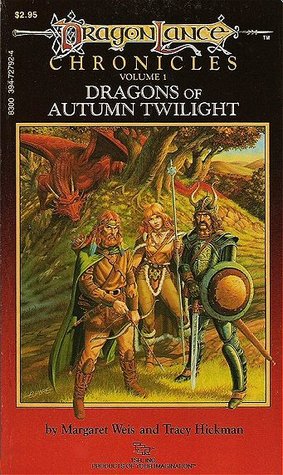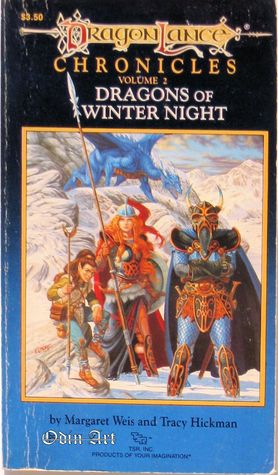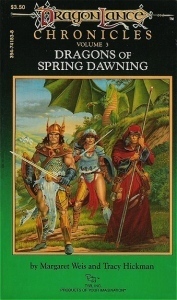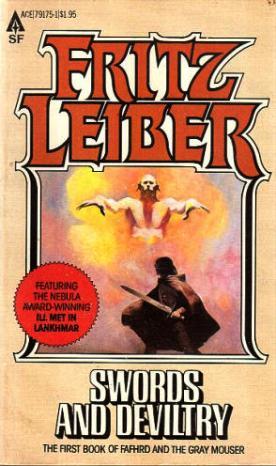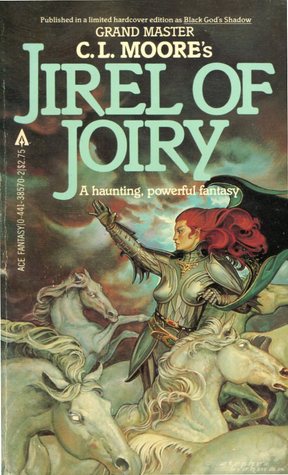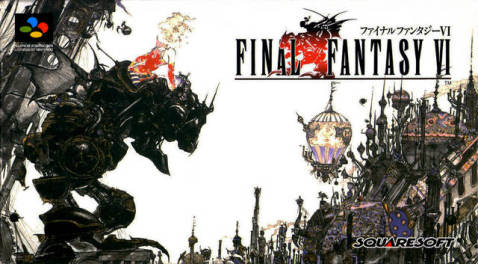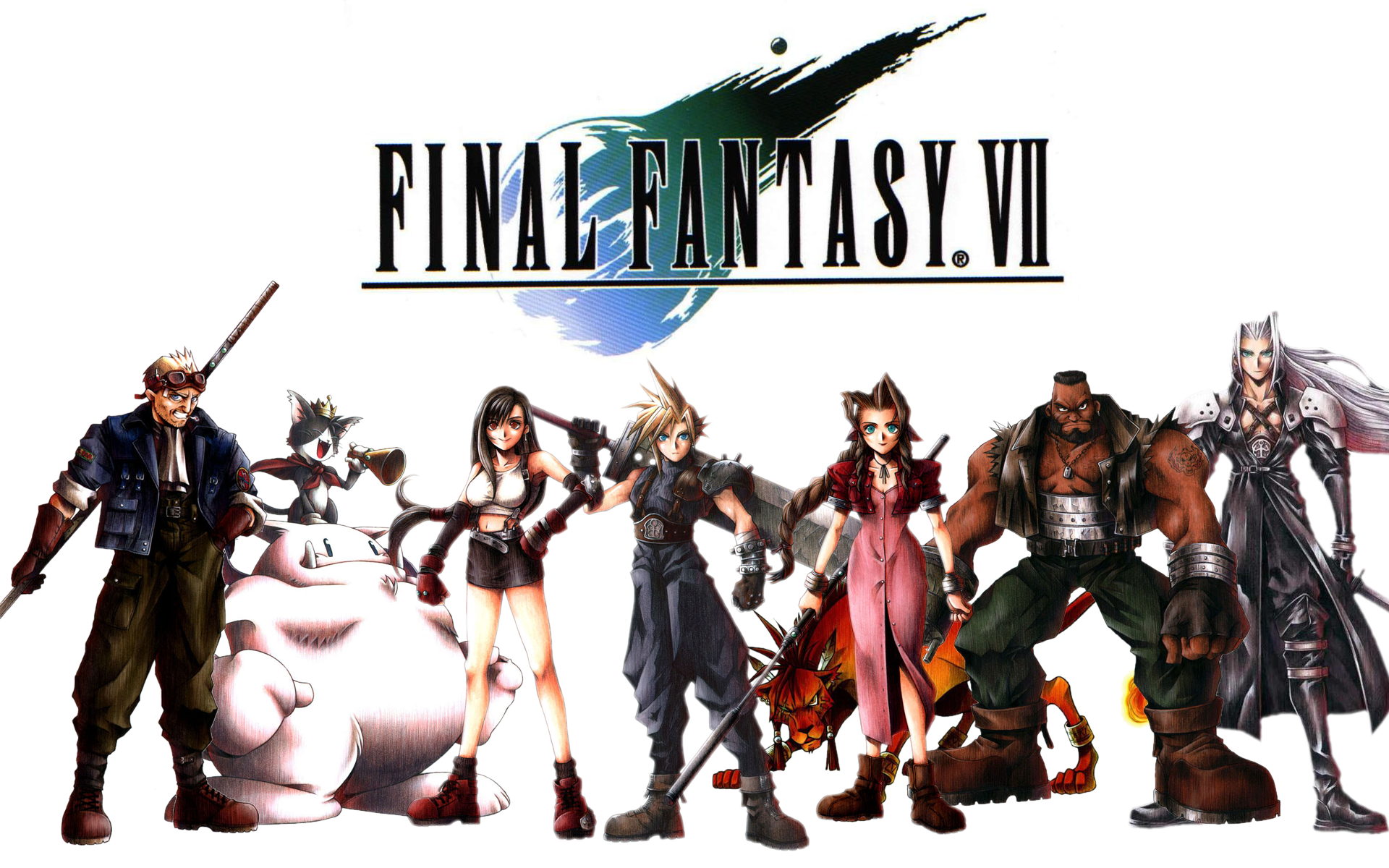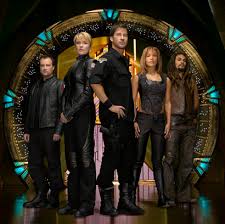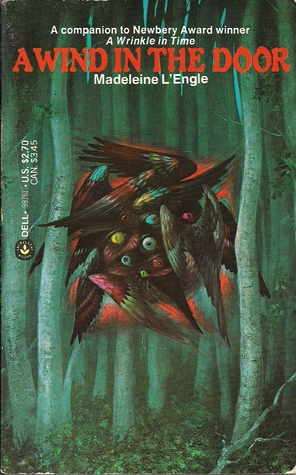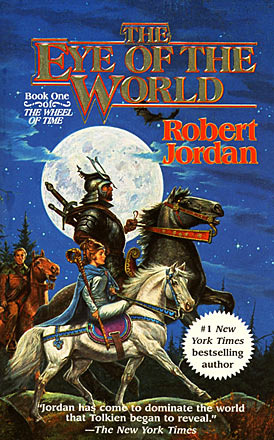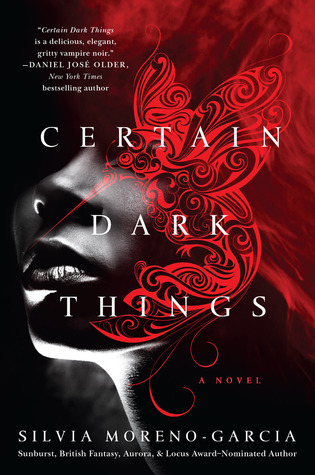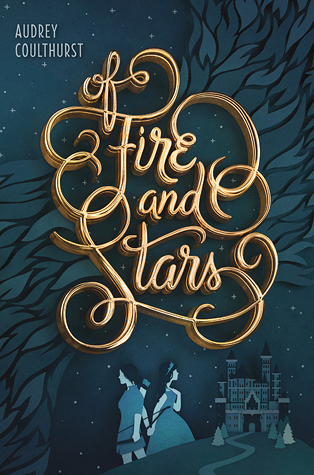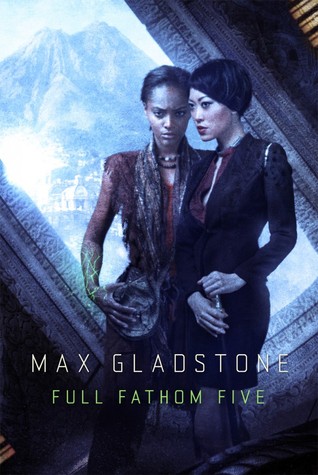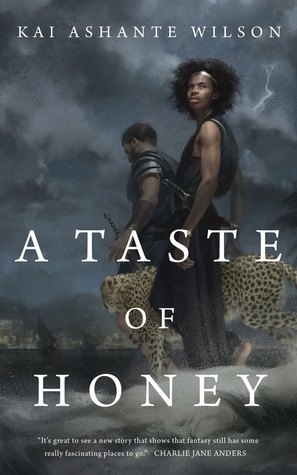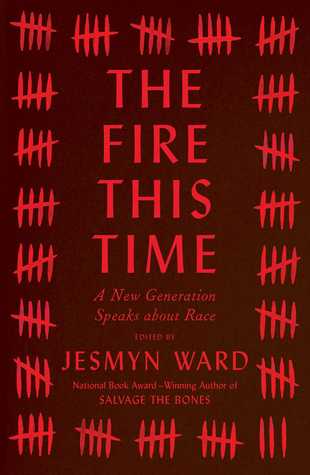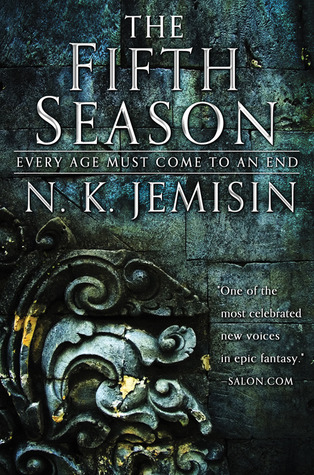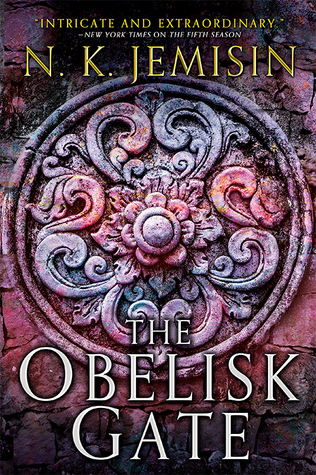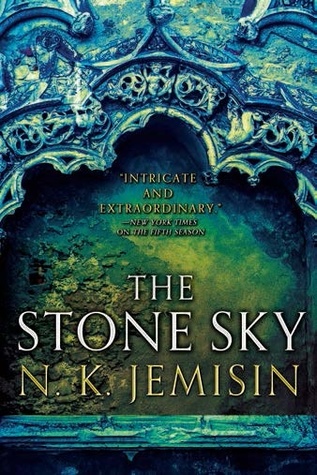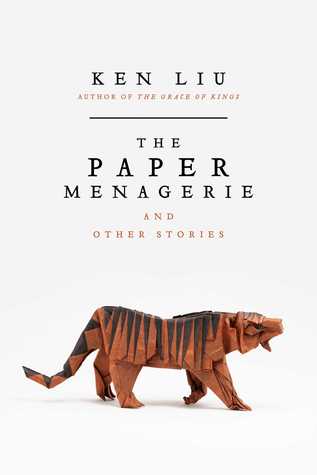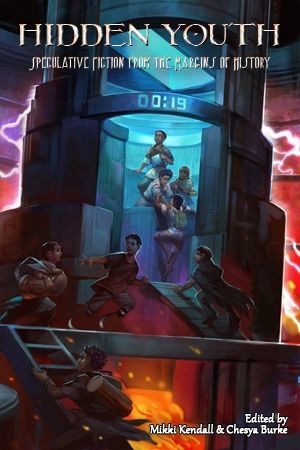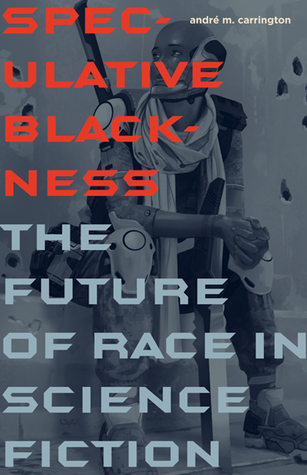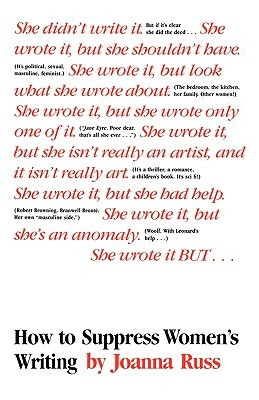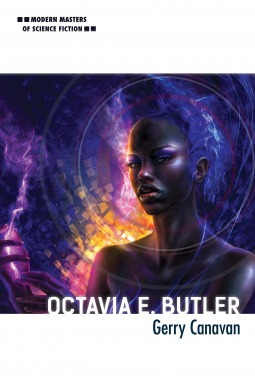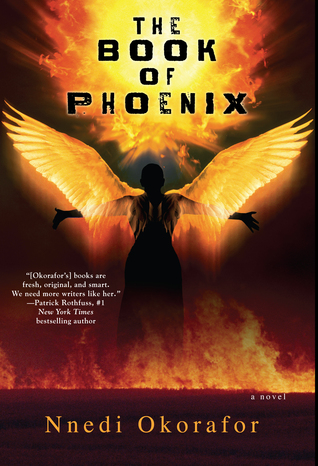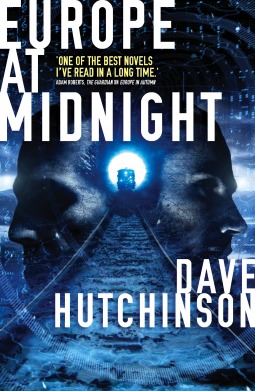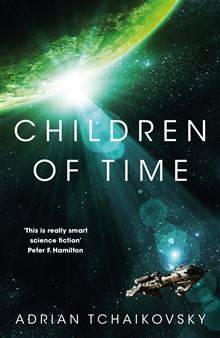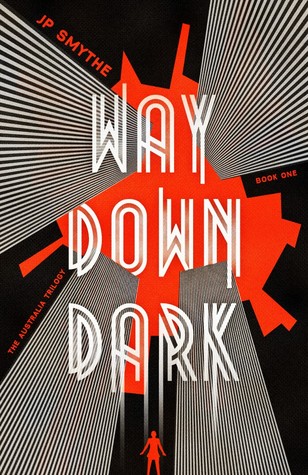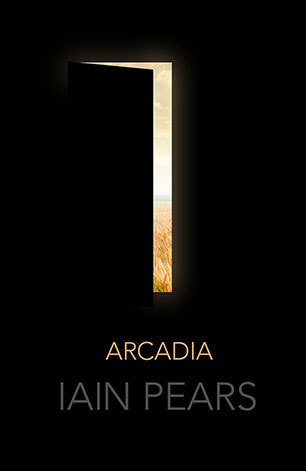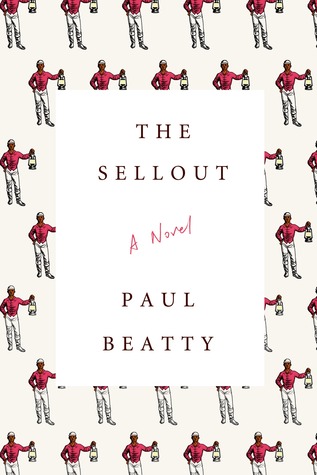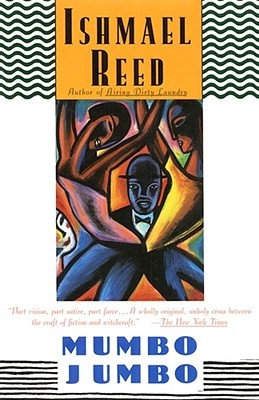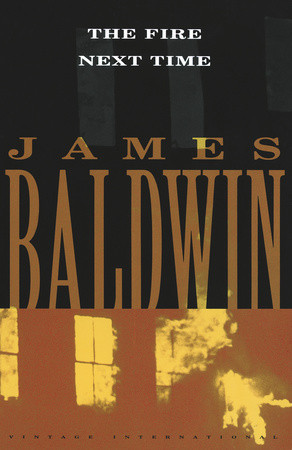The amazing art which inspired me to actually get this project off the ground was created by @etrandem
Send feedback! Tweet me! Tweet the show! Be a guest on the show!
Music - Jazzy Ashes by The Underscore Orkestra
If you want to subscribe to the show, the RSS feed is: http://www.cabbagesandkings.audio/?format=rss
Transcript:
JSM - Hello and welcome to Cabbages & Kings, the podcast for readers of Science Fiction & Fantasy. This episode I'm joined by Ken Liu, the author of Grace of Kings, as well as AFishtrap to begin to find the end of our podcast obsession with Grace of Kings. As an aside, I'd like to heartily recommend the sequel, Wall of Storms, which I'm working through now & which advances Grace of Kings in really interesting ways. I don't think there are going to be 17 episodes on Wall of Storms, but here's the first part of my discussion with Ken and afishtrap, focusing on what's going on with the various styles and heroic episodes within the novel.
KL - one of the things I was trying to do with the novel is this idea of examining history, and examining the ways that history becomes history. So, in some passages, right, remember one of the big themes that I have in a lot of my work really is that idea of foundational myth, and how by mythmaking we also end up defining who we are, that is the way we live our lives is about telling ourselves a story, right, so for example a very popular question to ask writers is "when did you decide you were going to be a writer?" "How did you decided you wanted to be a writer?" and writers, i don't know, I think other writers, but I hate answering that question because it's a question that forces you to make up a myth, because the real answer is, idiotically mundane, because often there is no such moment when that happens and there's no such origin story where you know Athena comes out and says you are a writer. and then you become a writer, there's just no story like that, and so you're forced to come up with some story that is sort of true if not entirely factually accurate, that is somewhat pleasing to a listener and inspiring. A lot of our lives, a lot of the important events in our lives are done that way, y'know they happen fortuitously because of some random points and so later on to give it meaning you have to form a narrative, you have to tell a story about it, and give it a cause and effect. What I was trying to do in parts of the Grace of Kings especially with these origin stories is to sort of highlight and foreground the artificiality of these stories, because the stories are being told, already as though they were legends and myth even though they were supposedly in the meta context of the novel supposedly stories about actual people happening.
JSM - In my early discussion with afishtrap, we thought about the first three chapters as a procession from the exotic to the mundane - Emperor Mapidere's fantastic (and dare we even say exotic or oriental) procession, Mata's heroic story, and Kuni's story. Here's Ken's view of the way in to the book.
AF - The first one is this is the myth as you expect it, you've got the pagoda, you've got the dancing girls, you've got the logograms and blahblahblah, and then the second chapter is here is the origin of the myth as you expect myths to be where it's, y'know, family tragedy and then he works his way up and then he kinda rise back up and reclaim what his family had, and then the third chapter is "here's how the myth really happens", so it's like a layer after layer in terms of the reader expectations of how a mythic story begins and so the novel really begins in that third chapter with Kuni, and that was kinda of what we were saying: that each chapter was "here's what you thought you're getting, no no no, here's what you thought? no no no, here's the real story."
KL - I like that.
AF - Didn't plan that at all?
KL - So what I was doing was something slightly different in intent, but ah it looks like the effect is ultimately similar.
So, one of the things the I try to do in Grace of Kings was to play with multiple registers of narrative. So there are some sections that are written in this very very high epic sort of voice, this is how a myth begins, this is where you invoke the muse. and you say "sing goddess..." here comes the high perspective and the first two chapters are sort of like that - one of them is very evocative of a very old western epics, in that sort of the second chapter, and the other one is very evocative of um, sort of high cinema visions of epic storytelling, it's how, how modern films done by Hollywood would try to portray a story of this sort, they would start off with this very high spectacle kind of drama thing, but it's not just Hollywood, Hollywood is tapping into a very old tradition and so in some ways I was trying to evoke the very old uhm stylized opera kind of format the traditional Chinese folk opera that are very spectacle oriented and they try to tell the main point with, with a song if you will, that's very stylized and very artificial. The third chapter on the other hand is very much evocative of Pingshu storytelling, it's the oral low art form, this is the one where it's just a storyteller in the tea house trying to tell you a historical romance, stories about, that are based on history but are really romances, that have very little to do with actual history, and yet at the same time, these storytellers tales are often the folk version of history that most people know, and so in the third chapter that's the tone that's being taken, it's a much lower tone in terms of perspective, we're no longer concerned about grand, issues of family dynasty .... fate, we're no longer talking about honor and glory of the entire nation , we're really talking just about one dude who wants to, wants to drink for free essentially.
AF - *laughter*
KL - ah, that's his highest ambition in life - he wants to be nice to his friends and he wants to, he wants to drink for free, and he's got a swagger, he's got this kind of very market-oriented attitude to everything, and yet the ultimate point is that all of these registers of storytelling are important, you cannot tell a story without reaching all these registers, just as Kuni eventually has to learn that it takes all kinds to build a nation. So that's kind of the intent.
AF - That first chapter was the only place that you mentioned anything that would really fall in that category of that quintessential hollywoodized asianness of
KL - mm hmm
AF - of Pagodas and Elephants and Logograms and ah, dancing girls and I think there were a number of things that we even called out that those are the only places in the entire 195,000 words that those words were used & we figured that was kind of intentional, that there seemed like this setup at the very beginning of "get this all out of the way"
KL - Yes, that's definitely true, because um, with a novel like this, where you start out by saying y'know the essential myth is Chinese & we're trying to, I'm trying to do a reimagning of the foundation of Chinese myth, using this new vocabulary of what I call silkpunk, then one of the first things I have to do is to say, look, y'know we're gonna leave the shore, if you will, and the first thing we gotta do is to paint you the port we're departing from, so here's what people expect when they hear a story that's based on Chinese characteristics, so we'll see that out, and sort of show how we're not going to be using these elements in that way and then from that point we're leaving the shore and leaving that behind
JSM - Yeah, it's interesting because, I love that image and that metaphor because for all of the railing against "oh, another generic pseudo-medieval European setting" that shows up, it feels like in some ways because there have been so many of those, the weight of any individual story or vision on kind of the next book that has a pseudo-medieval european setting is maybe a little bit less. But yeah, I mean, I probably had two or three stories and movies in my head that came vaguely from China, and that was kind of my image of what, um, a Chinese-inspired story would be, and I really like the idea of kind of being at the port and setting out from that, saying "I understand what your expectations are, but let's move on", and I would imagine that that probably presented it's own challenges.
KL - Yeah there were multiple issues, I mean one of the big fears I had with the book before I finished it was whether people are going to say "this is not Chinese enough", that they're going to say where are your chopsticks, where are the kowtowing ministers? Where are the
JSM - Where's your wise dragon
KL - Yeah and all that stuff
It's like, there are certain things people want. There are supposed to be some scholars standing around spewing about loyalty to the emperor, right, there's gotta be some of that
AF - Honor to the family
KL - Mandate of HEaven, we've gotta bring that up. Which is comical because none of those things are actually Chinese at all, they are Chinese as perceived by somebody who was not Chinese, which is why it's comical.
I mean a lot of the things about how readers react to the GoK is pretty interesting, because there are actually super super Chinese things in the book, but they're very deep, and sometimes they're not perceived as Chinese at all, I mean for example a lot of people have commented on the fact that, it feels very Japanese to them because people sit on the ground & have elaborate sitting positions, and there are all these talks about warriors who have this code that seems samurai-like, which is kind of comical to me because the reason they probably seem Japanese to a lot of readers is because the classical Chinese tradition I'm drawing on especially around the Han, the time of the Han dynasty was very likely that, people did sit on the ground, they did not sit on chairs, that happened much later, elaborate sitting positions were in fact the case and this code of warrior-ethics was very much the ethic of the warring states period, it might remind people of Japanese in that the high culture of Japanese Medieval culture in some ways shares the same root
*Interstitial Music*
JSM - As Ken mentioned, there are these heroic episodes in which many of the questions of tone and style, mythology, and history come into play, we're going to take a look at a few of these heroic episodes, beginning with the rebellion of the fish
KL - the rebellion starts with two of these, um, characters who are not who don't really have huge ambition, they were just desperate, they were captains of a bunch of covey laborers and they had no choice but to rebel. And the way they rebel is they create this fake message from the gods by putting it inside a fish.
AF - Yes, the two goons.
KL - Right
AF - The two goons, that's what they were
KL - Yes, the two goons *laughter*
They play this trick to fool their followers into believing them, but if you remember later on there's this episode where one of them says, lets look back on that episode a little bit and think about what actually happened, could it not be that the gods inspired us to come up with that in the first place, so maybe it actually is true? I mean, we made that myth up but maybe it's actually true. And in terms of the court historians writing this down, I think you should write it down as though it actually happened that way, the gods really did inspire us and the gods really did put the message there, I'm actually believing it myself. And that's kind of how it happens. And that was sort of the overall, move I wanted to make
*Interstitial Music*
JSM - OK, now I'm going to pass the baton to Charles Payseur for some timely short fiction recommendations
CP - Hi everyone, my name is Charles Payseur, and I'll be recommending some speculative short fiction today. There is a part of me that wants nothing more than to provide some stories that are unabashedly fun, and funny, and light, because our current situation is anything but. Ignoring what has happened, though, or even encouraging others to ignore it, would seem irresponsible to me. Right now, there is fear yes and anxiety and worry and stress, but I think that at times like this, the thing that we have to remember is resistance. That in the face of injustice and a growing inequality and a growing feeling of threat, there is still strength to be taken from standing for what is right. To not looking away from the difficult realities we find ourselves in. A lot of SFF deals explicitly with that. And today I want to share some of my recent favorites that deal with themes of resistance in the face of oppression and violence.
First up is a brand new story from Omenana's November issue, Screamers by Tochi Onyebuchi, which follows a father brought over from Africa to be a police officer and his son who eventually follows in his footsteps. The piece centers on a series of violent explosions that perplex the police until they discover the soruce, that these aren't bombs but the condensed essences of African Americans dealing with living under the constant institutional oppression of America. Dealing with the racism and the hatred, finally able to strike back in the form of a deadly scream, a deadly empathy. Which is what I feel the story is ultimately about. The danger and the power of empathy, and xpression. The danger for those who benefit from hate, and the power of those living under hate's shadow, to express themselves in a way that others understand and resonate with, sometimes to violent effect. It's an amazing read.
The second story is The Gentlemen of Chaos by A Merc Rustad, from August's Apex Magazine, a story that looks at a main character forced to work for an oppressive system, in this case for an unjust king. And through this work the main character who has to live under a false name and identity assigned him by the king is used to protect the system, to prop it up. To keep the king safe. But the story shows the power of resistance, of taking control of your own narrative, and ultimately being able to fight back, to destroy the lies and the systems of injustice and find some level of peace and hope, that the future can be better. It's a dark but beautiful story and very worth checking out.
Next is Plea by Mary Ann Mohanraj from October's Lightspeed Magazine. The story shows a family waiting in line which might not seem that compelling a premise, but they're trying to escape a growing violence against people like them, people who have been genetically modified to live better with their situation. And the violence coming from people who are intolerant of this, who see them as having unfair advantages, who want to make humanity more human again, like that's an actual thing. And they're trying to emigrate to avoid the violence threatening them, and the two mothers, Gwen and Rose, have to make a heartbreaking decision in the face of what those they're trying to seek protection with decide about their case. So it's a story about emigration that is heavy and difficult and reveals that resistance can mean leaving a dangerous system behind, and can also mean not being able to. Definitely grab a firm hold of your feels before reading this one, and even then be prepared to cry because I definitely did.
Standing on the Floodbanks by Bogi Takács, is another story about seeking to escape an oppressive government, an unjust and violent situation only to find that in conflicts often there is no just side, which I think is something that we don't see enough in SFF. The main character, ah, Aniyé goes from a tool of war on one side to the opposing side wanting to use her in the same way. Only through the intervention of someone with power is Aniyé able to resist, to find her own path, which involves exposing the injustices she finds on both sides of the conflict and choosing to work for peace in spite of serving a brutal war. And I don't think the face that Aniyé needs to rely on aid lessens the theme of resistance in the piece because it's often the situation that those with power do need to give that to other people, do need to protect people in order to give them the opportunity to resist and express themselves and find a way forward.
And lastly I want to talk about The Book of How to Live by Rose Lemberg from Beneath Ceaseless Skies' anniversary October issue. Where the magically named and the magicless unnamed live very different lives. Where to be magicless is to be lesser, and where a group of those without magical names but with keen intellects and dragon passions to fulfill their potential decide that they aren't content with the scraps they are being offered. This is a story about how resistance can begin. About pushing back past hesitation and doubt from all sides and working for something righteous. And the worldbuilding of the piece is strong, and this is a birdverse story and I am just such a fan of that setting and the narratives coming out of it, and it's an amazing read and one that I have returned to again and again in recent days and weeks to try and remind myself about the work of resistance, about how to go forward even in the face of growing difficulties and tensions.
So yeah there you have it, if you want even more speculative stories on the theme of resistance, I have a large list that came out recently at Quick Sip Reviews. Otherwise stand strong and fight on.
*Interstitial Music*
JSM - Thank you Charles. We'll return to the interview with Ken, and the idea of the stories we tell and how they shape the world we inhabit
JSM - Going back a little bit Ken to your anecdote of asking writers when they chose to be a writer, the number of times that people will ask about the 5 year old & 2 year old, oh were they always so quiet, were they always so, y'know , and it's like "well, no they were never always anything"
KL - Right
*general laughter*
AF - They've only been on the planet for five years
JSM - We like to tell stories
KL - Yes, we like to tell stories, we like to tell stories not just as individuals but as nations. we love to tell origin stories about y'know the origin of the Anglo-Saxon character, the origin of the american nation. We love these stories.
*HAMILTON INTERSTITIAL* - Immigrants, We Get The Job Done
KL - For a lot of these heroes, they have these unbelievable origin stories, and the question is do they believe it or not? One of the key differences beteween Mata & Kuni is Mata ended up believing his story. That's what lady Mira's critique and conversation with him was about. Mira says: look, everybody tells you who you are, and you end up believing that, and that's why you're so sad. Because you, you are living the stories other people tell you are your stories, and that is why you're sad, and that is why you're always worried & always unhappy. I'm not like that, and that's why even thought I am not anything like you, I don't have your power, I'm much better than you in a lot of ways, and that was lady Mira's point. um whereas with Kuni if you recall, he's had those incredible mythmaking moments, he takes up the sword and he chops off a snake's head and everyone thinks like this is a portent and it means that he's going to be the king, he's going to be the emperor, he's gonna be awesome, but even near the very end of the book, he doesn't believe these stories right, because Kogo is like, Kogo makes up this terrible interpretation of the gods portents and says this means that the gods are all in favor of you, yeah lets celebrate! and Kuni says "who knows what the gods really think", and Kogo says "well that doesn't really matter, the people care about what you think" that's all that matters, and Kuni says yeah I guess you're right, but even at that moment Kuni knows that y'know he's not favored by the gods. He doesn't really believe in favor of the gods, even at that moment he does not believe that Origin story the way Mata believes in his origin story. Anyway so that's kinda where I was going with that.
*Interstitial Music*
KL - There's this fundamental yearning, by a lot of the characters at least, that the world and the universe is knowable. And that's fundamentally a very science fictional idea, and so that's why there are large parts of it where the mental outlook of the characters and the way the book treats the world is that kind of science fictional yearning for a sense of wonder. And it's not necessarily based on the supernatural, but rather on the very idea of humans being able to accomplish great things through the power of technology. And that is a theme that gets developed more, later on in the other books, ah, that tends to become a more dominant note if you will.
JSM - Now you're making me wonder what the second book will be like if Mata had won instead of Kuni
KL - It would be a very different world, right? A very different world
*Interstitial Music*
Instead of a Favored Book this episode, I'm going to dip into the archives, looking back to when Kip and I talked about books for kids, and a lovely quote from Margaret Wise Brown, the author of Goodnight Moon.
KM - Goodnight Moon, Margaret Wise Brown, who studied with, basically is writing this under the influence of the theories of Gertrude Stein, about getting at language and learning how kids are going to learn, and she said something marvelous about children being absolutely the best audience for just the raw primal music of poetry. And that, one of the things that I'm always concerned with, perhaps overly much when I'm writing is the sound of a sentence, the way that it sounds, the rhythm that it strikes and how they flow and a paragraph, so just reading that and finding this connection so long ago on something that I remember from when I was very small,
JSM - mm hmm
KM - she's writing a paper on books for five year olds. She describes a child who quote carries with him the glamour of a 2-year-olds own small self, the 3-year-olds humor and love of pattern, and 4-year-olds first playful flights into the humor of incongruous things, and finally the 5-year-olds careful watching of his own eyes and ears. Here is an audience sensitive to the sheer elements of the English language. Translate their playfulness and serious use of the sheer elements of the language into the terms and understanding of a 5-year-old and you have as intelligent and audience in rhythm and sound as the maddest poet's heart could desire.
JSM - Thanks for listening to C&K. Please let me know what you think of the show.

